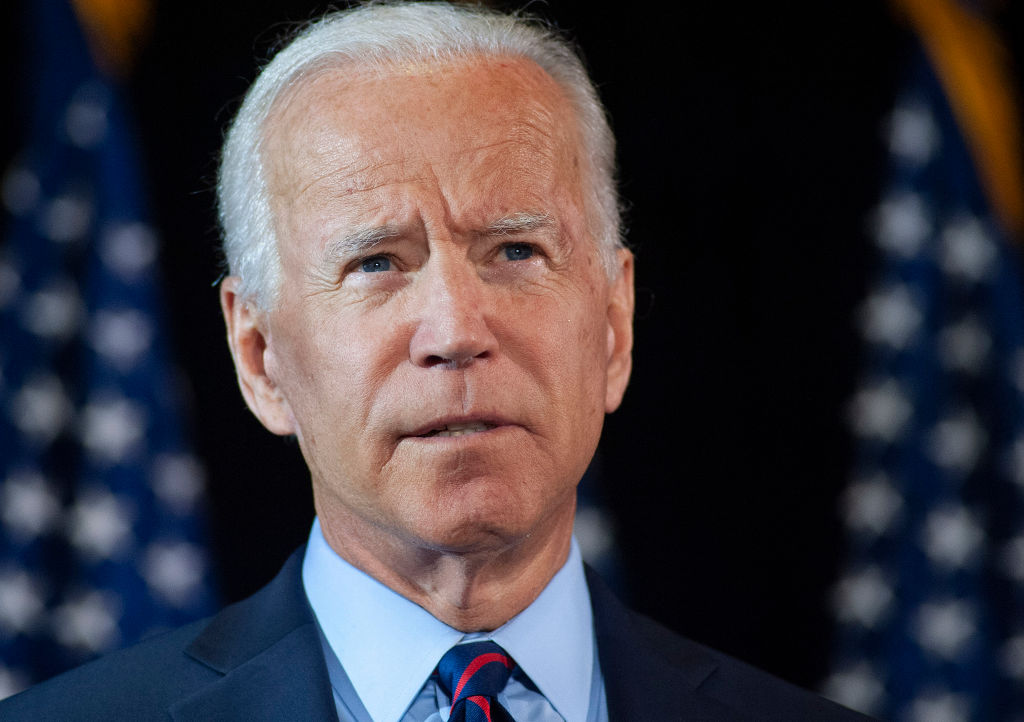The strategy that was formulated by Biden had suggested an investment of $4 billion in the region to promote civil society organisations, encourage private investment and funding for anti-corruption and police training.
In addition to illegal drugs, migration from Latin America to the United States has been one of the more controversial issues in inter-American relations in the past couple of decades.
Despite Donald Trump’s strong and rigid stance with respect to immigration and his much-debated “Remain in Mexico” policy including the building of a wall along the US-Mexico border, deterring illegal immigrants proved to be a complicated and near impossible task. The Latino population in the United States has seen a steady increase in the past decade. Trump’s attempts in reducing actual numbers of permanent immigrants or even temporary foreign workers and students was not very successful. It has been argued that the sudden reduction in flow of migrants to the US in 2020 may be attributed more to the Covid-19 pandemic rather than being seen as an effect of Trump’s policies.
Influencing the flow of migrants is a complex process as it has to impact decisions of many individuals rather than simply governments. In fact, Biden’s amnesty proposals in the United States for illegal immigrants have resulted in a sudden rush of migrants crossing the borders into the US despite his warning to the Central American migrants to desist from attempting to cross over to the US illegally.
Most of these migrants originate from Mexico, Caribbean and Central American countries. The issue of Latin American migration is closely associated with US society and economy and has become a transnational challenge in the region as issues become inter-linked and interdependent. It is these migrants that are a part of the US labour force due to the sustained demand for cheap labour in the US. A main feature of the interdependence is the remittance sent home by these migrants on which Latin American countries are dependent. This dependence of Mexico, Central American and Caribbean countries on the US has been increasing, in contrast with South American countries. The main debate has centred around whether the migrants were an economic liability for the US because of their lack of skills and low rate of integration or contributed to US economic growth to a significant degree.
Mexican President Andres Manuel Lopez Obrador had praised Biden’s pro-immigrant stance after years of Trump’s unprecedented demands that the Mexican government do more to reduce the flow of US-bound migrants. But Obrador during Trump’s regime had redirected a good part of Mexico’s National Guard to stop migrants from leaving. He had also referred to Trump’s “respectful” treatment of Mexico even though Mexicans did not view Trump favourably. In turn, Trump did not ask much of Mexico except for reducing or stopping the flow of migrants.
Under the Biden administration, on the other hand, the apprehensions are that there is more likely to be a return to deeper and more institutional ties between the two countries that would bring to fore environmental and labour issues, especially in the new US-Mexico-Canada agreement. Mexico could expect more attention and interference from the United States which may not be well received by the populace.
Biden had clearly articulated his point of view in a 2018 Washington Post op-ed titled “The Border Won’t Be Secure Until Central America Is”. During his election campaign, the issue of migration from Central America was discussed, with a focus on the ways in which the region’s social and economic prospects could be developed. The strategy that was formulated by Biden had suggested an investment of $4 billion in the region to promote civil society organisations, encourage private investment and funding
These ideas may be considered commendable. However, before these policies make an impact, it needs a long-term commitment towards multilateralism and cooperation. In this sense, Biden’s approach, with pledges to promote multinational cooperation, is likely to have a better chance of success in gaining Latin American trust than Donald Trump’s frequently conflictual approach towards Latin American states, though on ground the result may not be too different.
Dr Priti Singh is Associate Professor, Centre for Canadian, US & Latin American Studies, School of International Studies, Jawaharlal Nehru University

